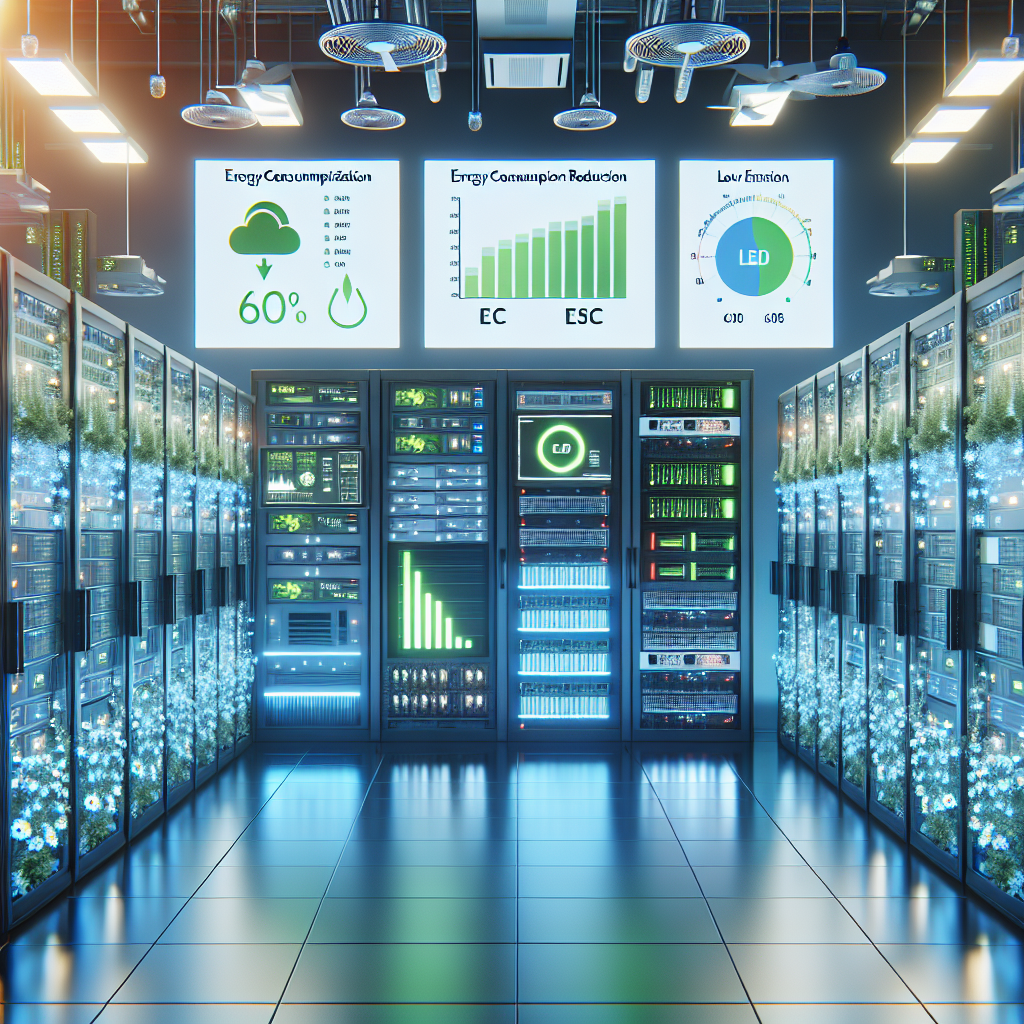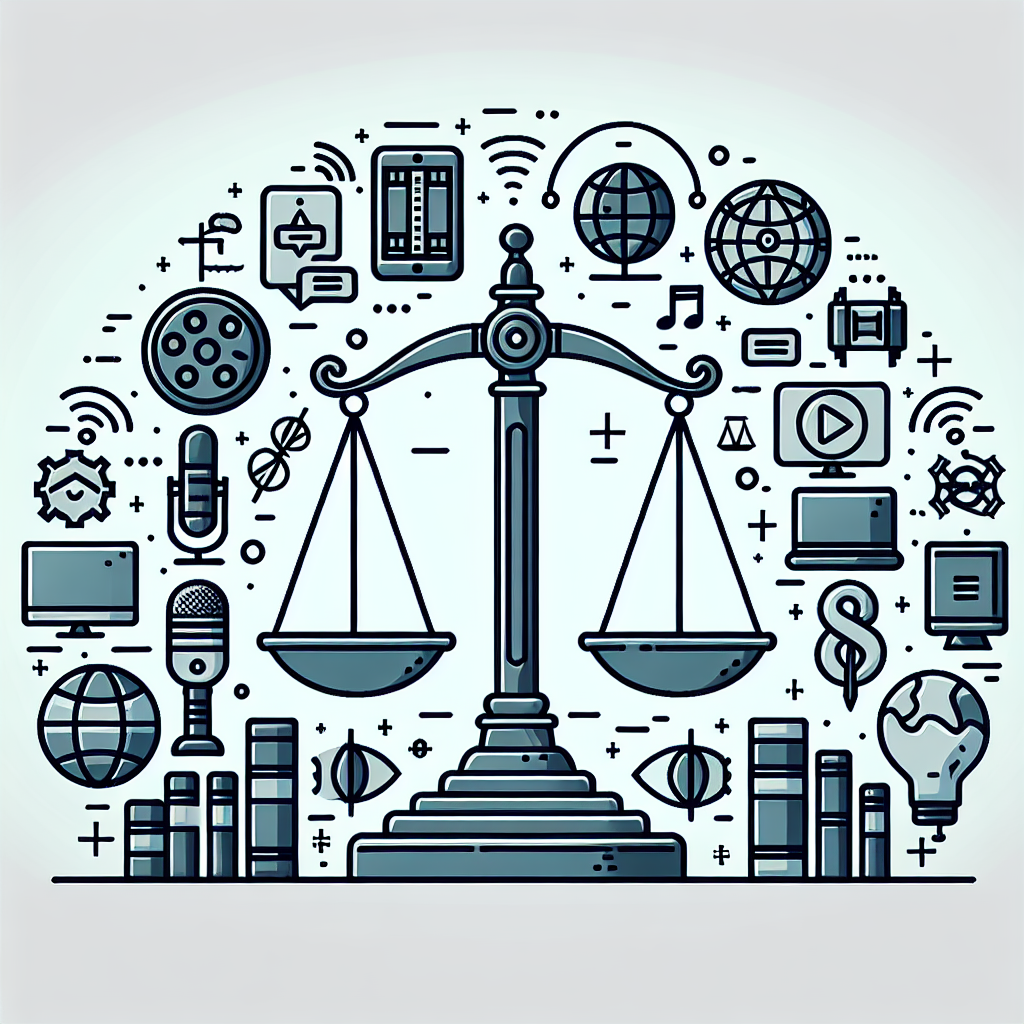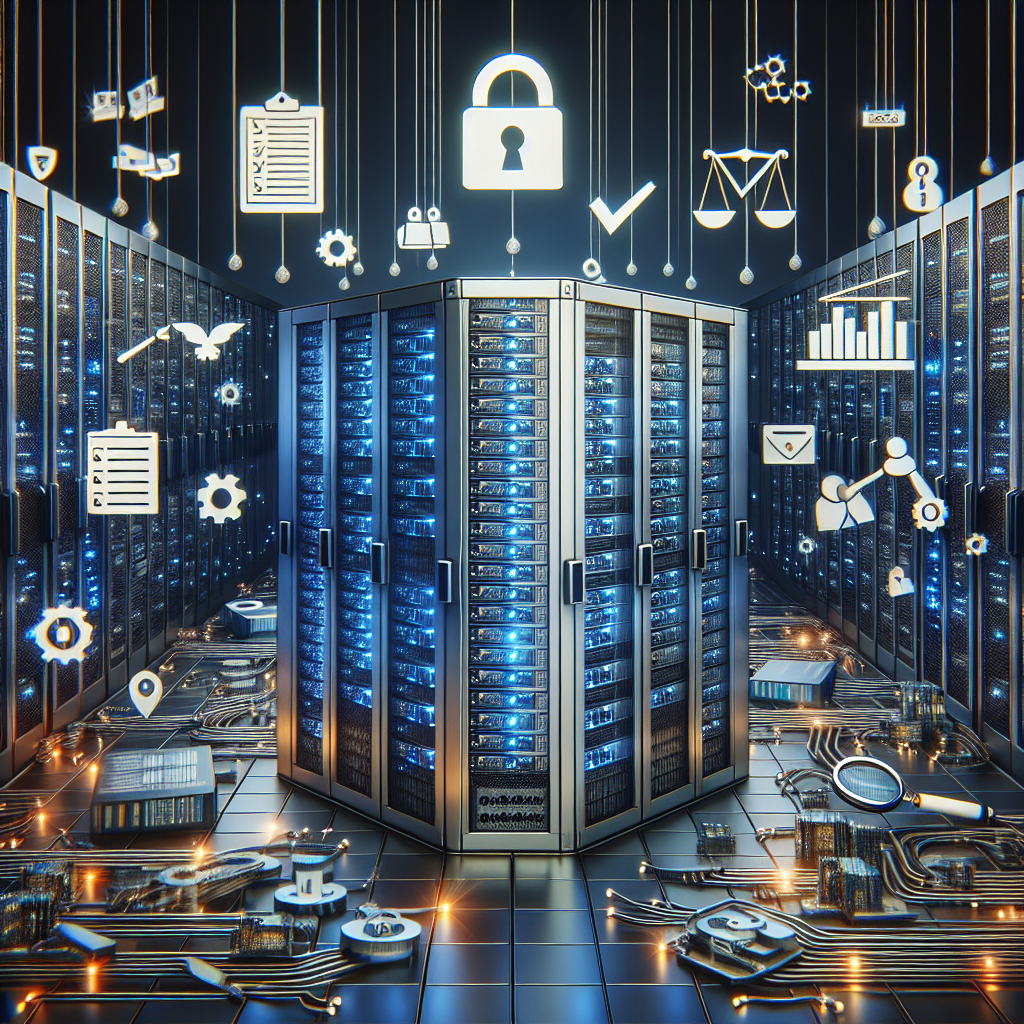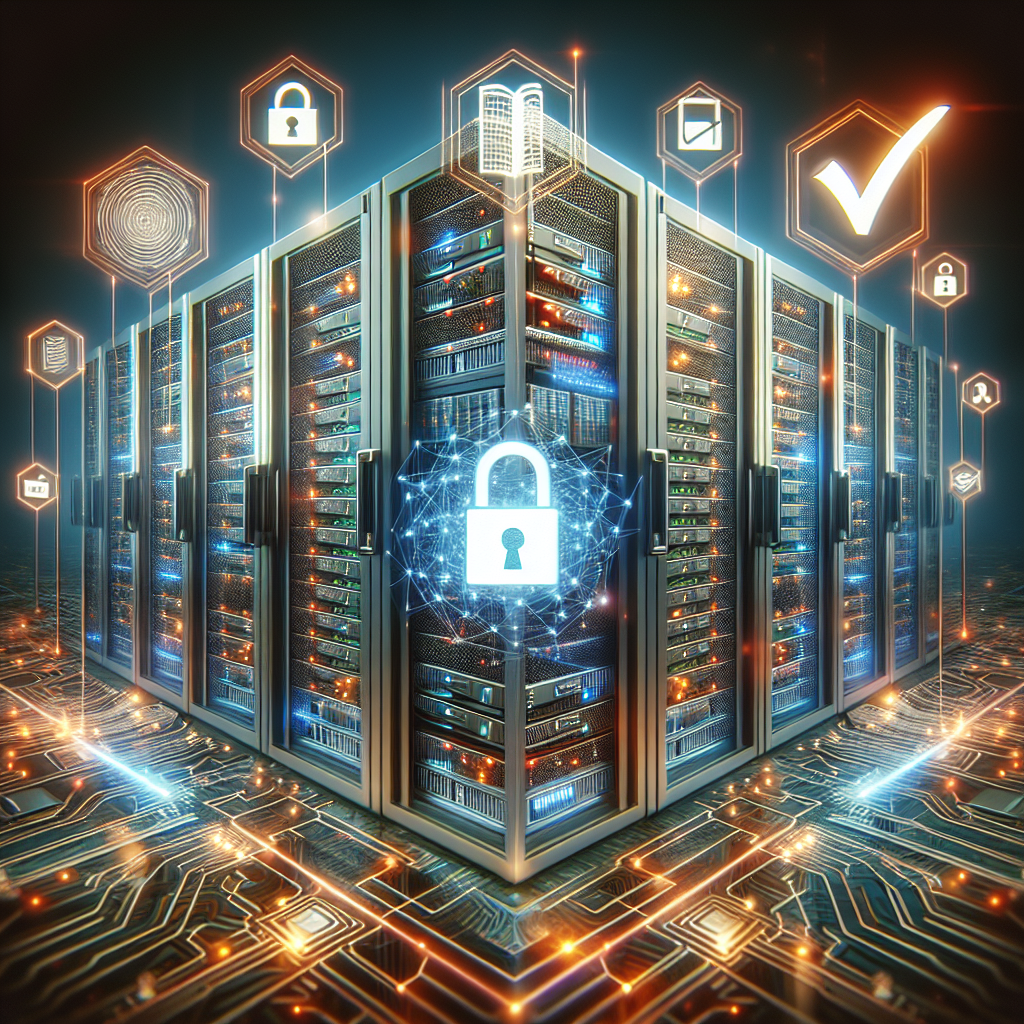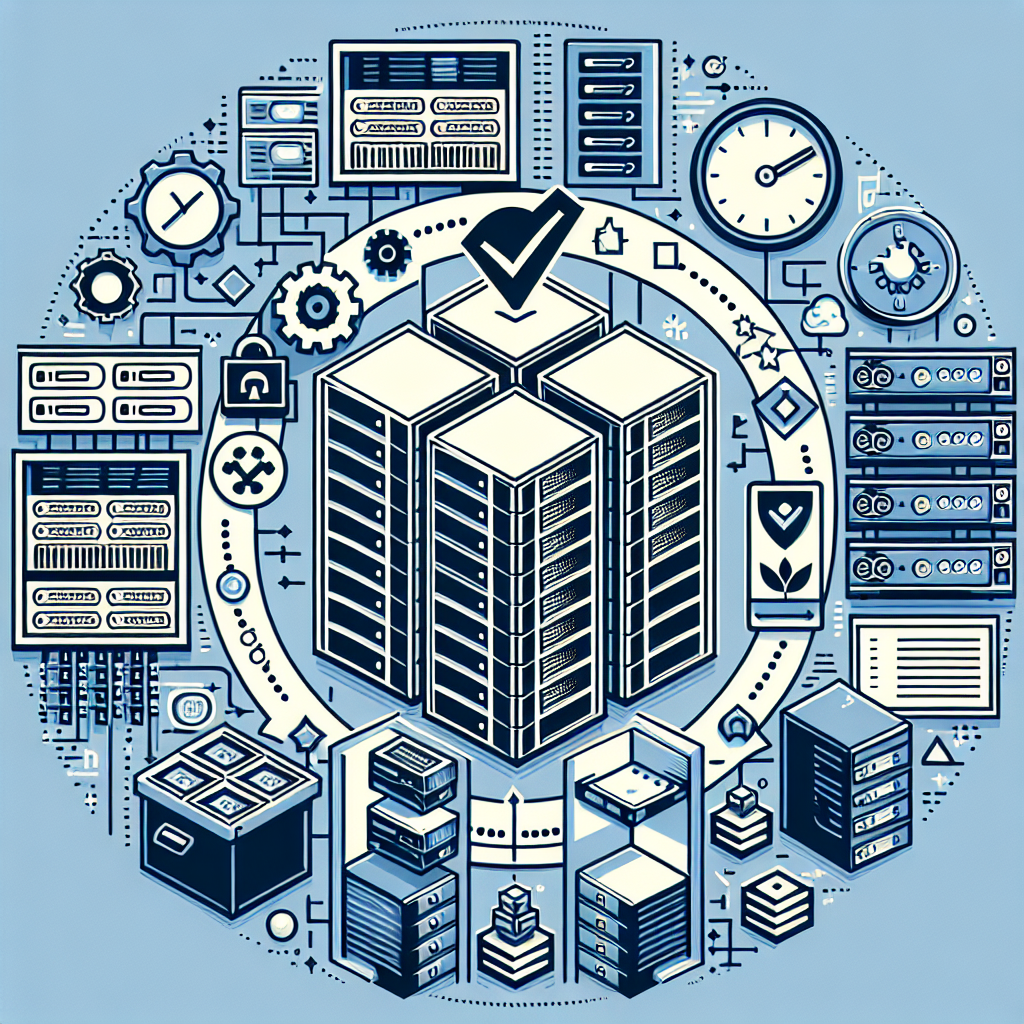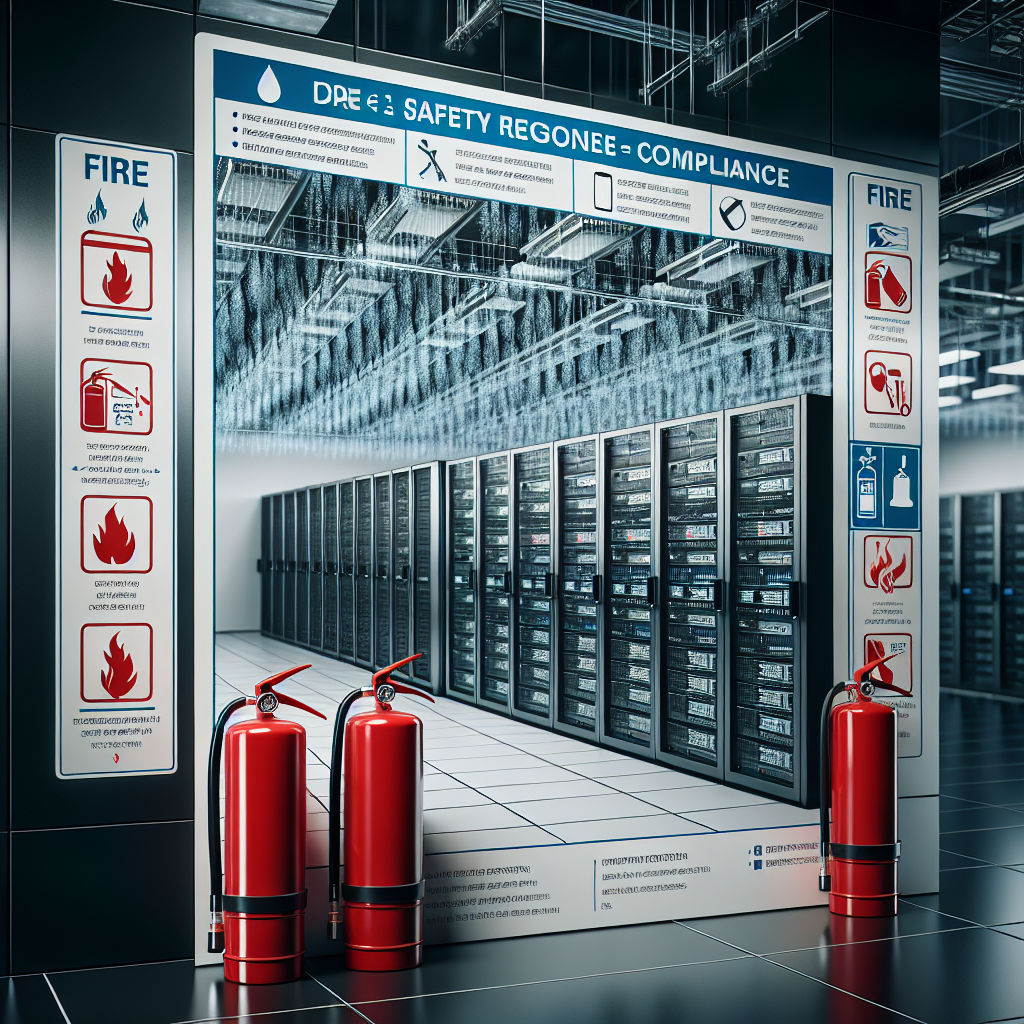Data centers are the backbone of our digital world, housing the servers and equipment that store and process vast amounts of data. With the increasing demand for data storage and processing capabilities, data centers have become a critical part of our infrastructure. However, the energy consumption of data centers is also a growing concern, as they require significant amounts of electricity to power and cool their equipment.
In response to this energy consumption, many countries have implemented energy efficiency regulations to reduce the environmental impact of data centers. These regulations aim to improve the energy efficiency of data center electrical systems, reducing their overall energy consumption and carbon footprint.
One of the main impacts of energy efficiency regulations on data center electrical systems is the requirement for more energy-efficient equipment. This includes servers, cooling systems, and power distribution units that are designed to consume less electricity while still meeting the performance requirements of the data center. By replacing older, less efficient equipment with newer, more energy-efficient models, data centers can significantly reduce their energy consumption and operating costs.
Another impact of energy efficiency regulations is the implementation of best practices for data center design and operation. This includes optimizing the layout of the data center to improve airflow and reduce the need for cooling, as well as implementing temperature and humidity controls to ensure that equipment operates at peak efficiency. By following these best practices, data centers can reduce their energy consumption and improve their overall performance.
In addition to equipment and design improvements, energy efficiency regulations also require data centers to monitor and report their energy usage. This allows data centers to identify areas where energy consumption can be reduced and implement strategies to improve efficiency. By tracking their energy usage and implementing energy-saving measures, data centers can reduce their environmental impact and lower their operating costs.
Overall, the impact of energy efficiency regulations on data center electrical systems is positive, as they encourage data centers to adopt more energy-efficient practices and technologies. By reducing energy consumption and improving efficiency, data centers can lower their operating costs, reduce their environmental impact, and contribute to a more sustainable future.
